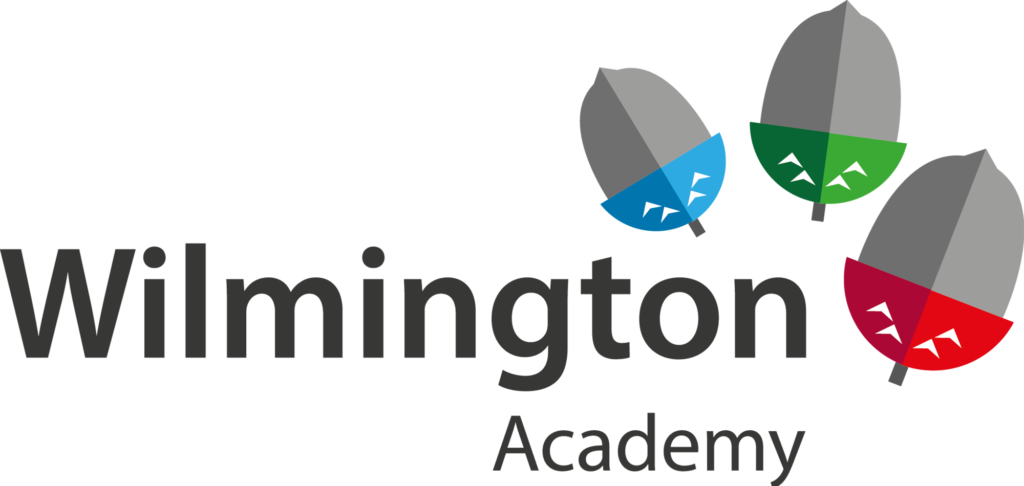For further information, please contact admissions@wilmingtonacademy.org.uk
In-Year Admissions
Applications for places made outside normal transition times are called “In Year”. Applications at this time can be made directly to the Academy.
To apply for a place in any year group at Wilmington Academy, applications can be made directly to the Academy using this link.
Appeals
If you have not been offered a place at Wilmington Academy, the law entitles you to appeal against that decision to an Independent Appeal Panel. This panel is completely independent of the school and the Local Authority. All appeals will be heard online which has the advantage that your appeal can be heard from your home or place of work.
If you wish to appeal, please use this link to complete your appeal online. Please do NOT use ANY other appeal form or send your form to your local authority. It is suggested that you download the explanatory booklet about appeals which you should read before you complete the appeal form – Booklet Link .
You should include any evidence or supporting material with your appeal form and you MUST give the grounds for your appeal at the time you lodge your appeal form. Your appeal form will not be accepted unless you state the grounds for your appeal. You may appeal for more than one school, but on different forms.
Any letters or reports that you wish the panel to see should be uploaded at this time. You are asked to bear in mind that if you later send additional information, the closing date is 5 working days before the STAGE 1 hearing. All appointed panels have agreed NOT to take any late letters or reports after the 5 working day deadline. This will be strictly enforced. For secondary/primary transfer appeals, the hearing will take place at least TWO months after the refusal letter. This gives you plenty of time to get your evidence together if you act early and take account of school holidays.
Please note that the online form will ask you to download two utility bills dated in the last THREE months. If you do not have access to a scanner, please take two photographs with a mobile phone and upload the photographic files.
Full details about the hearing will be sent to you with your invitation to the hearing.
If you wish to contact the clerk – email: clerk@educationappeals.com
Timetable for Appeals
Last day for lodging appeal forms for a place in year 7 to start in September 2025
4pm on Wednesday 2 April 2025 to guarantee that your appeal will be heard in the first tranche of appeals. Appeals lodged later may not be heard until the second tranche which could be in September 2025. You MUST state the reasons for your appeal and supply any documentary evidence at this stage.
The stage 1 part of the hearing (with other parents present) will take place on
Thursday 15 May 2025 at 5.00 pm.
Part 2, the individual private hearings will take place on
Tuesday 20 to Thursday 22 May 2025 (depending on the number of appeals)
Invitation letter giving details about your hearing will be sent by the Clerk to the Independent Appeal Panel
At least 10 school days before the stage 1 hearing.
Any additional supporting evidence
Closing date is Thursday 8 May 2025. You are advised that additional paperwork received on the day of the appeal hearing will not be taken into account. Please provide the Clerk with ONE copy of any new additional evidence BY EMAIL ONLY. These must be sent to clerk@educationappeals.com.
Letter from the Clerk informing you of the decision of the independent appeal panel
Due to the high number of appeals held at this time, this may not be sent until up to 10 working days after the last hearing for the school.
Mid-Term Applications Appeals
Last day for lodging appeal forms following a refusal for a place ‘in year’ or ‘mid-term’ excluding 6th form.
You must lodge the appeal form within 20 school days upon receipt of your letter of refusal. You MUST state the reasons for your appeal and supply documentary evidence at this stage. Appeals are held within 30 school days of receipt of the appeal form.
Sixth Form Applications Appeals
Last day for Lodging appeals
4pm on Thursday 28 August 2025 to guarantee that your appeal will be heard within the first weeks of September. You MUST state the reasons for your appeal on the online form and supply any documentary evidence at this stage e.g. a copy of your result sheet.
Please note the timetable is very short to enable those appellants who win appeals to start as early into the school year as possible.
Appeal date
The date will be during the month of September 2025.



